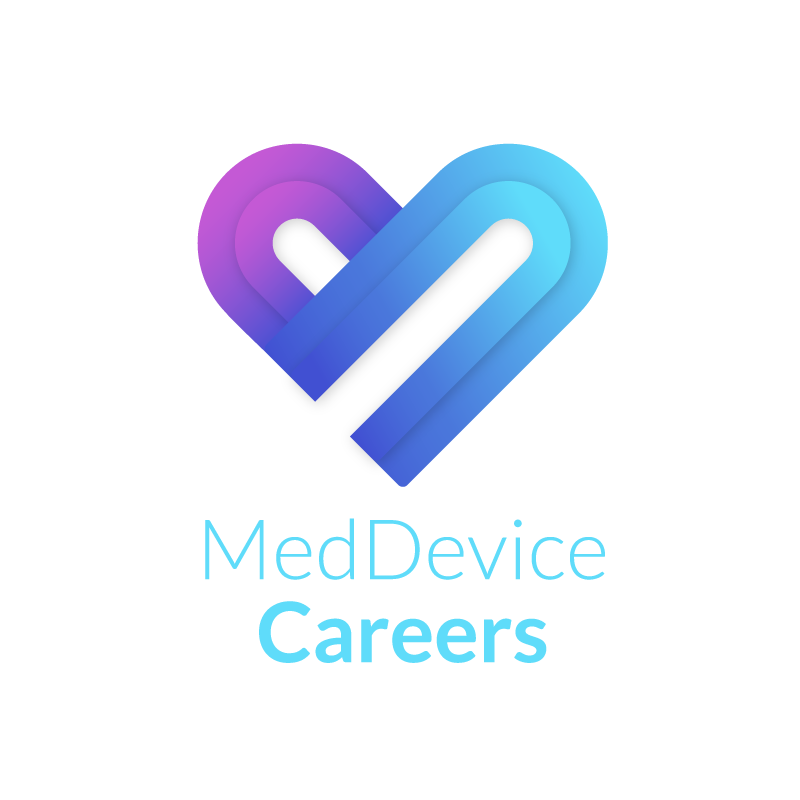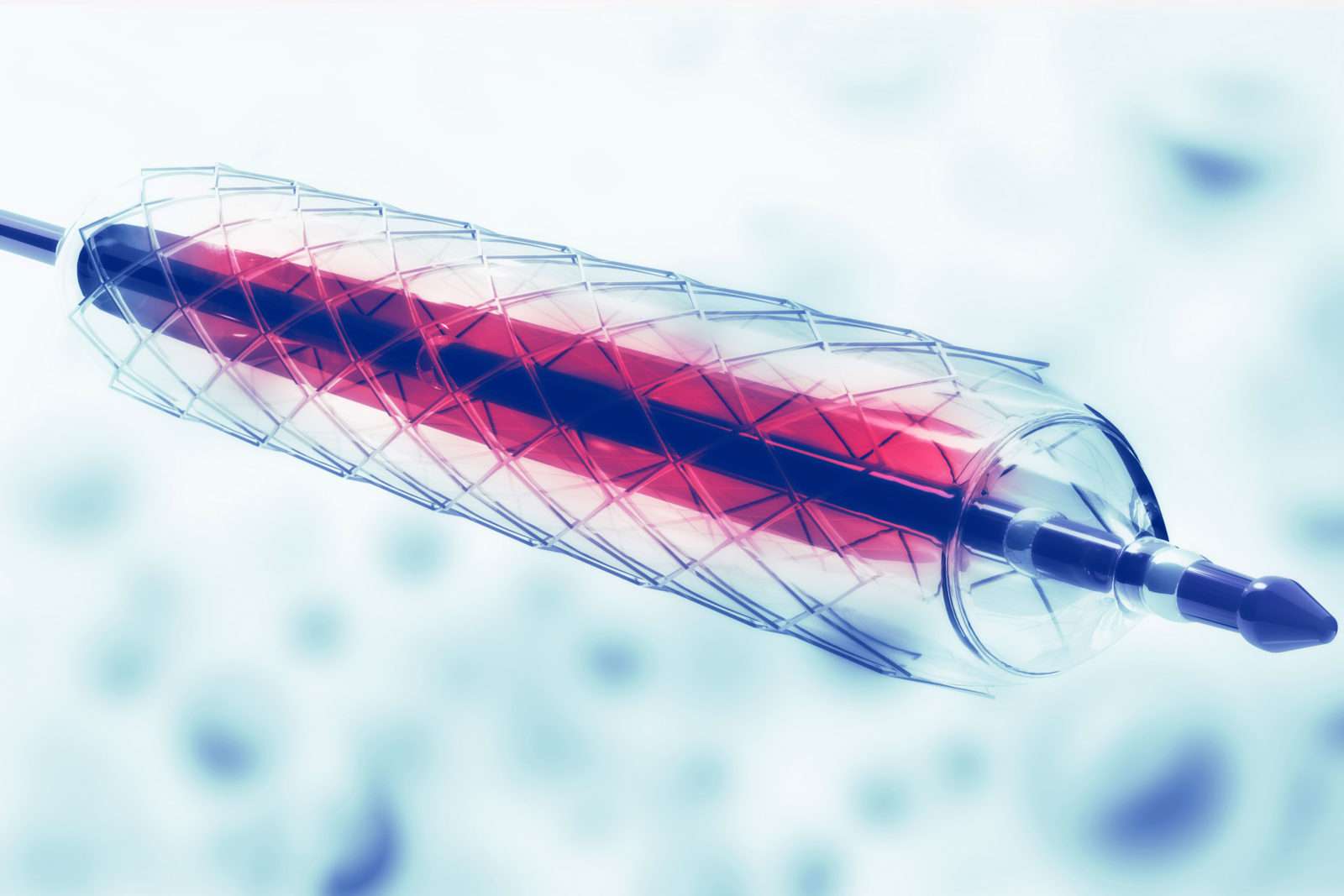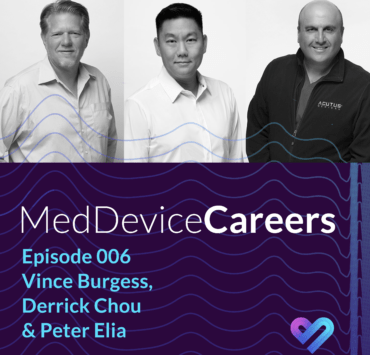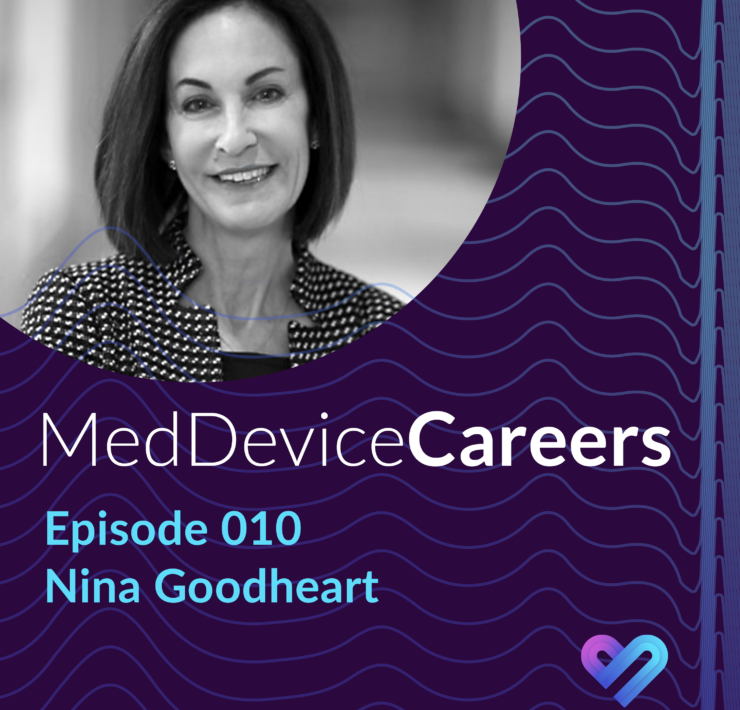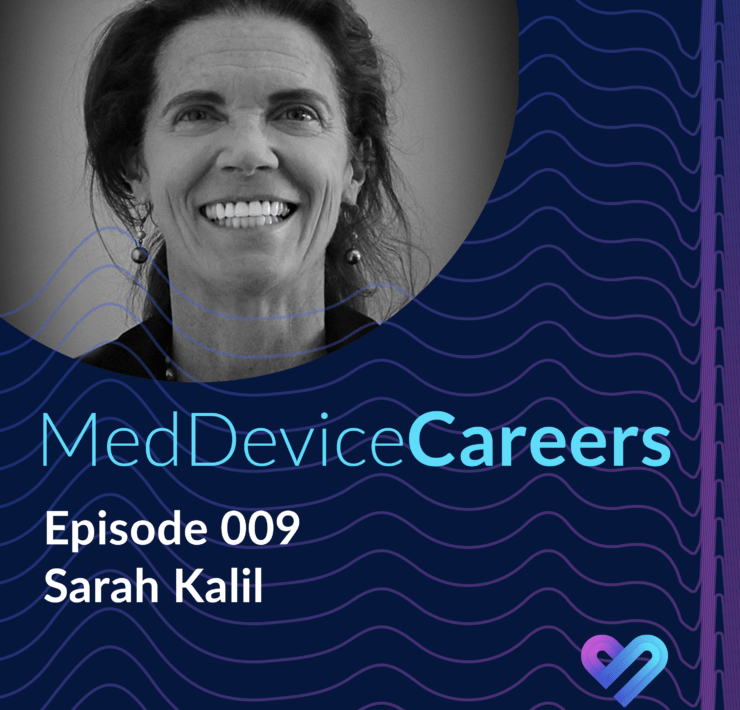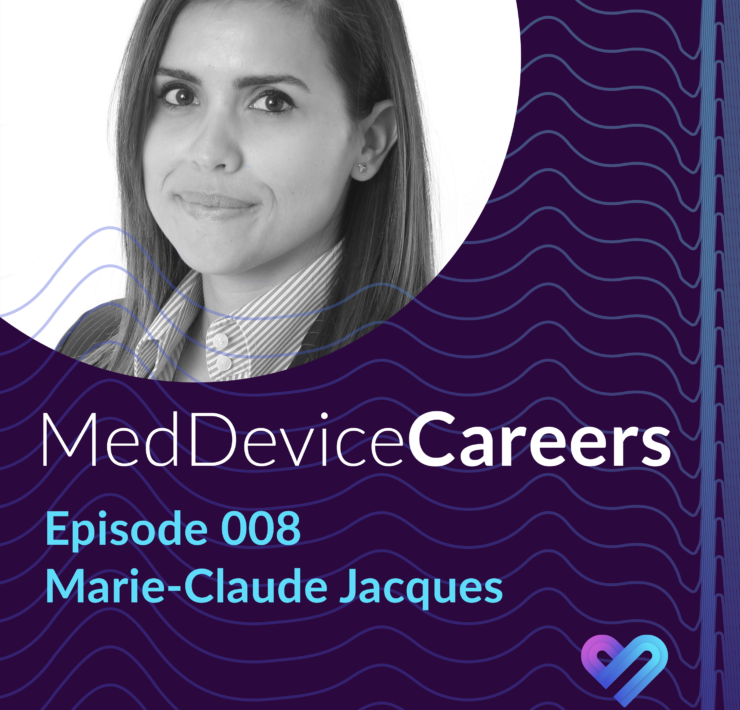Interventional Cardiology (IC) is a specialized area of cardiology where non-surgical tests, treatments and procedures are performed with the use of flexible specialized catheters. These minimally invasive procedures are performed in a hospital at the cardiac catheterization lab most commonly referred to as the Cath Lab.
During an IC procedure an interventional cardiologist inserts a tiny, flexible catheter into an artery at the groin to gain access to the heart and blood vessels to diagnose or treat a cardiac condition. Fluoroscopy imaging equipment is used to obtain real-time images of the patient’s heart and arteries during the procedure. The procedure may be as short as 30 minutes to several hours in duration, with typical recovery time ranging from 4-8 hours and many patients are able to go home in the same day.
A cardiac catheterization procedure can be a purely diagnostic procedure to determine next steps in a treatment plan. During this procedure the patient may be given general anesthesia, light sedation or may be fully awake but given medication to relax. This procedure is used to locate narrowing or blockages in arteries, look for blood clots, valve disease and examine pressure levels in the chambers of the heart.
Additional treatment procedures are often done in conjunction with the diagnostic procedures. Some of these procedures include cardiac biopsy, cardiac ablation to restore normal electrical rhythms, angioplasty to widen narrow arteries, stent or balloon placement to open narrow arteries and valves, closure and clip device implantations, and transcatheter valve replacement and repair procedures.
Heart-related diseases are listed as the leading cause of death worldwide and in the U.S. alone coronary heart disease kills over 360,000 people annually. Diabetes and hypertension are the two biggest risk factors for coronary heart disease. The global incidences cited for diabetes are shocking, with 700 million diabetes patients estimated by 2045. An aging population is also a contributing factor to increase in cardiovascular healthcare needs.
Regarding the job market and potential for career growth, healthcare makes up over 11 percent of the workforce in the U.S. and the global IC device market is projected to reach over $20 billion dollars by 2025. The career opportunities are highly desirable, competitive, and rewarding with starting U.S. salaries ranging from $60-$90,000. Cardiac medical device career opportunities exist at medical device companies and healthcare institutions including clinical, technical and engineering specialists as well as sales, marketing and management roles. Academic requirements most commonly include degrees in health, sciences, engineering and business. Personal skill requirements include effective presentation capabilities, critical thinking and analytical skills, along with business acumen. Training and online learning for this field is highly specialized.
Many of the most prominent players who manufacture, sell and service these IC devices are U.S. based, including Medtronic, Boston Scientific, Abbott, Edwards LifeSciences, Cardinal Health, and Becton Dickinson. European IC device companies from Spain and Germany include iVascular, B Braun Melsungen and Biotronik. Japan and Singapore IC device company leaders include Terumo and Biosensors International. Wireless capabilities, device connectivity and robotics are two areas of market growth.
Some of the most exciting areas of growth and innovation in the cardiovascular device market include valve interventional procedures such as Transcatheter Aortic Valve Replacement (TAVR) and Left Atrial Appendage Closure devices (LAAC). Another area to watch for more exciting product development is in artificial intelligence. Cardiac medical imaging artificial intelligence will provide for more precise measurement and detection to vastly improve IC procedures. Of course, the advancements made in wearable technologies is a hot topic in cardiac medical devices. Professional grade wearable technologies are being used by healthcare professionals to better diagnose and monitor patient health. Diabetes and heart failure are two of the primary areas for patient monitoring growth.
Interventional Cardiology procedures are run by a team of highly specialized individuals including interventional cardiologists, cardiovascular radiologists, nurses, clinical specialists and technicians. These experienced teams work to provide the impressive early treatment and preventive care needed to reduce the risk of permanent cardiac damage and sometimes fatal cardiac complications.
